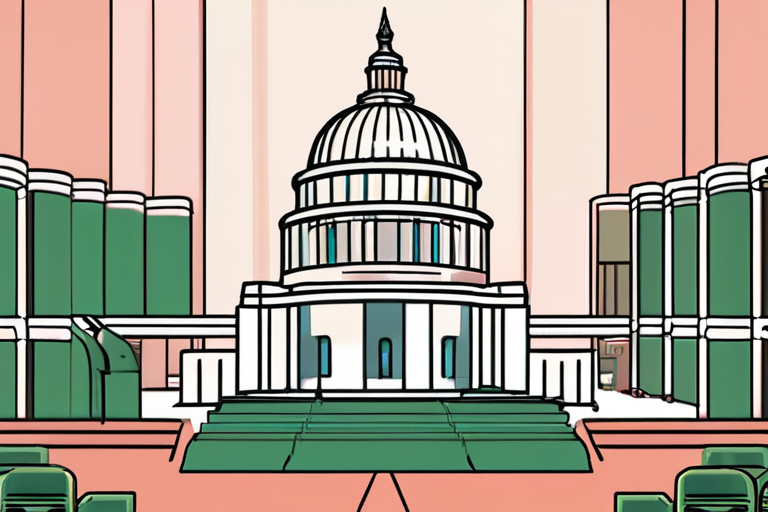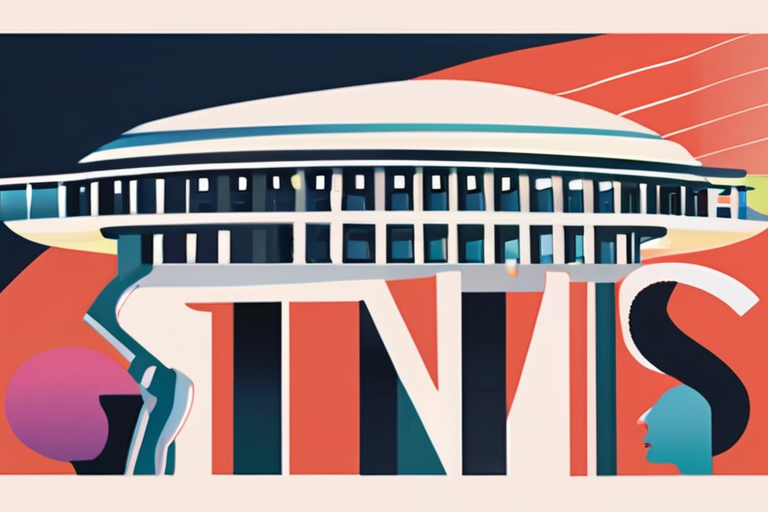US President Donald Trump's administration is reportedly considering an executive order that would challenge state efforts to regulate artificial intelligence through lawsuits and the withholding of federal funding. A draft of the order, titled Eliminating State Law Obstruction of National AI Policy, directs the US Attorney General to create an AI Litigation Task Force, which would be responsible for suing states in court for passing AI regulations that allegedly violate federal laws.
The draft order points to state regulations that require AI models to alter their truthful outputs or compel AI developers to report information about their models. According to sources familiar with the matter, Trump could sign the order as early as this week. However, a White House spokesperson told WIRED that discussion about potential executive orders is speculation.
The proposed executive order has significant financial implications, particularly for states that have already implemented AI regulations. California, for instance, has passed a law requiring companies to disclose when AI is used to make decisions that affect consumers. Other states, such as New York and Washington, have also introduced similar regulations. If the executive order is signed, these states may face lawsuits and the withholding of federal funding, which could have a substantial impact on their economies.
The market impact of the proposed executive order is also significant. The global AI market is projected to reach $190 billion by 2025, up from $62 billion in 2020. The US is a major player in this market, with many companies, including Google, Amazon, and Microsoft, developing and deploying AI technologies. If the executive order is signed, it could create uncertainty and undermine the development of AI in the US, potentially leading to a loss of market share for US companies.
The company/industry background of the proposed executive order is complex and multifaceted. The development and deployment of AI technologies are driving significant economic growth and creating new opportunities for businesses and individuals. However, the rapid development of AI also raises significant regulatory challenges, particularly around issues such as bias, transparency, and accountability.
The future outlook for the proposed executive order is uncertain. If signed, it could lead to a significant shift in the regulatory landscape for AI in the US. However, it is also possible that the order could be challenged in court, or that Congress could intervene to block its implementation. Ultimately, the outcome will depend on a range of factors, including the views of key stakeholders, including lawmakers, regulators, and industry leaders.
In conclusion, the proposed executive order has significant financial and market implications, particularly for states that have already implemented AI regulations. The development and deployment of AI technologies are driving significant economic growth and creating new opportunities for businesses and individuals. However, the rapid development of AI also raises significant regulatory challenges, particularly around issues such as bias, transparency, and accountability. The outcome of the proposed executive order will depend on a range of factors, including the views of key stakeholders and the regulatory landscape in the US.


























Share & Engage Share
Share this article